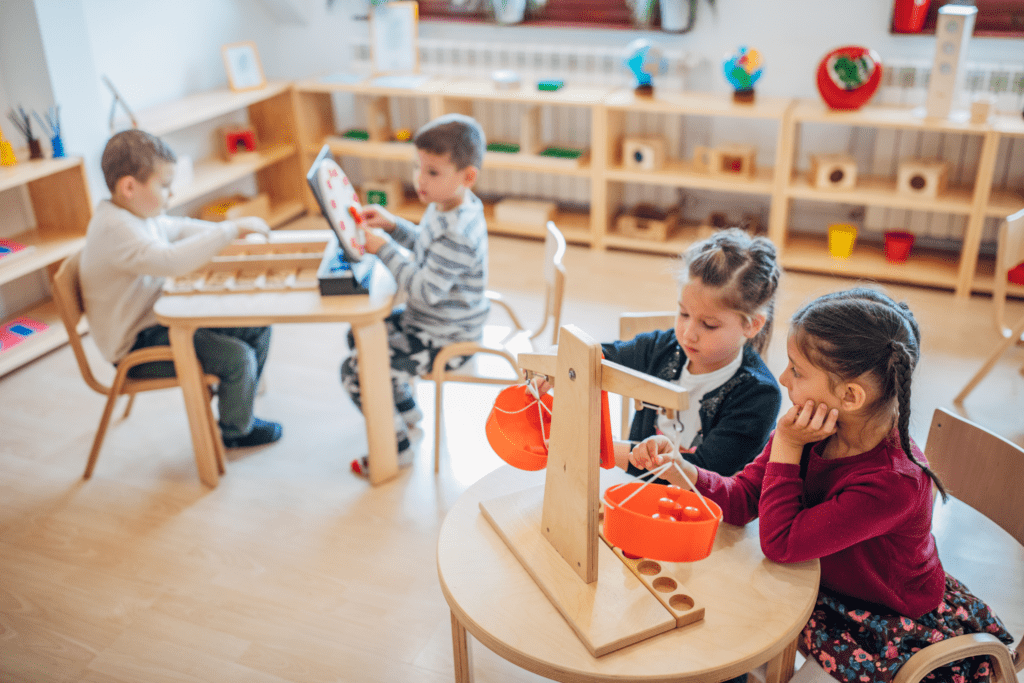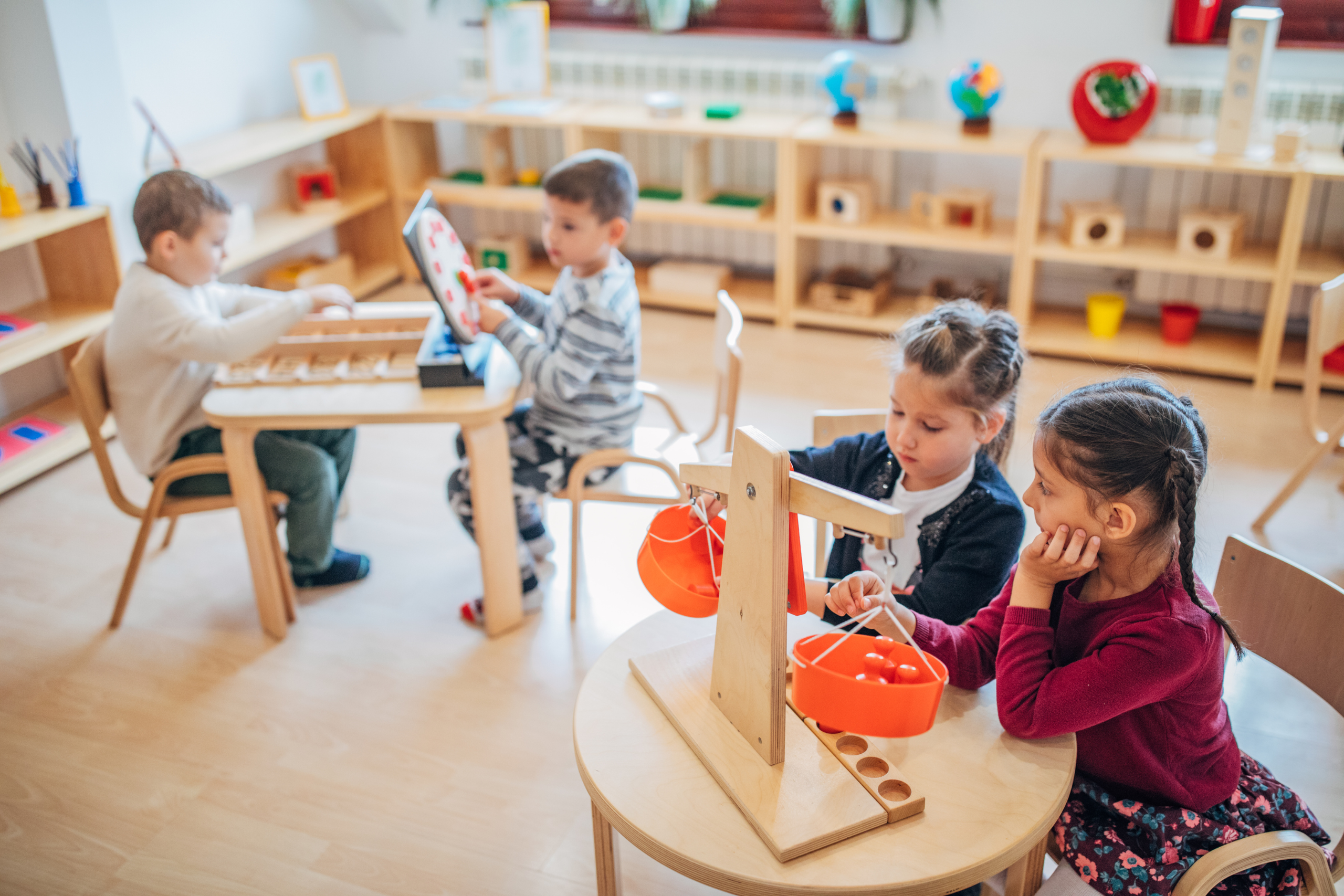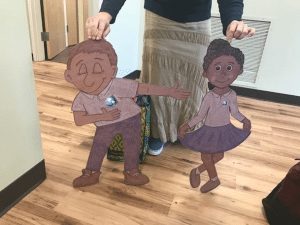Montessori Preschools Vs. Traditional Preschool Education

Choosing the best place to send your child for school can be overwhelming with so many educational options to choose from. It’s important to know that preschool is much more than a daycare program, and that schools have evolved to meet the rising demand for higher quality early childhood education. That’s where Montessori Preschools comes in.
You may have heard that Montessori preschools have advantages over traditional preschool programs. To help you make an informed decision, here are some key differences between Montessori preschools and traditional preschool education.
1.) Type of Learning Model
Both traditional and Montessori preschools are centered around play. However, traditional preschools allow kids to play in an unstructured way, while play in a Montessori setting is considered a child’s “work.” The toys available to children primarily help to further the learning process.
2.) Mixed Age Classrooms
A major difference between traditional and Montessori preschools is that Montessori classrooms embrace mixed age groups. One of the benefits of this is that older children are given the opportunity to be supportive, caring mentors to younger children, helping them progress in their skills. Collaboration is strongly encouraged, helping children develop strong social skills.
3.) Class Size
Montessori preschool classrooms usually have a smaller teacher-to-student ratio than traditional classrooms. In many cases, there are two teachers or one teacher with at least one assistant in every classroom. Students can receive more individualized, one-on-one support and the attention they need.
4.) The Role of Teachers
One of the most important differences between a Montessori preschool and a traditional one is the role that the teacher plays in the classroom. In a more traditional setting, the teacher directs students’ attention from subject to subject based on a rigid time schedule. At a Montessori preschool, the teachers act as guides to the learning process. Students are given the freedom to move between various projects, choosing what they want to work on. This allows them to learn at their own pace and remain focused on a task or skill until it’s mastered, instead of attempting to rush through things to stay on schedule.
5.) Self-Motivated Learners
Because Montessori preschool students are encouraged to work at their own pace on projects of their choosing, they’re able to pursue their passions and build a deeper understanding of specific subjects. This encourages them to develop a love of learning, developing self-motivated lifelong learners.
Let’s Build Something Great Together
At Montessori Kids Universe, our mission is to nurture, inspire and educate our children leading to a lifelong love of learning. Whether you’re looking for an early childhood education program for your child, or you’d like to start your own franchise, contact us today so we can build something great together.


